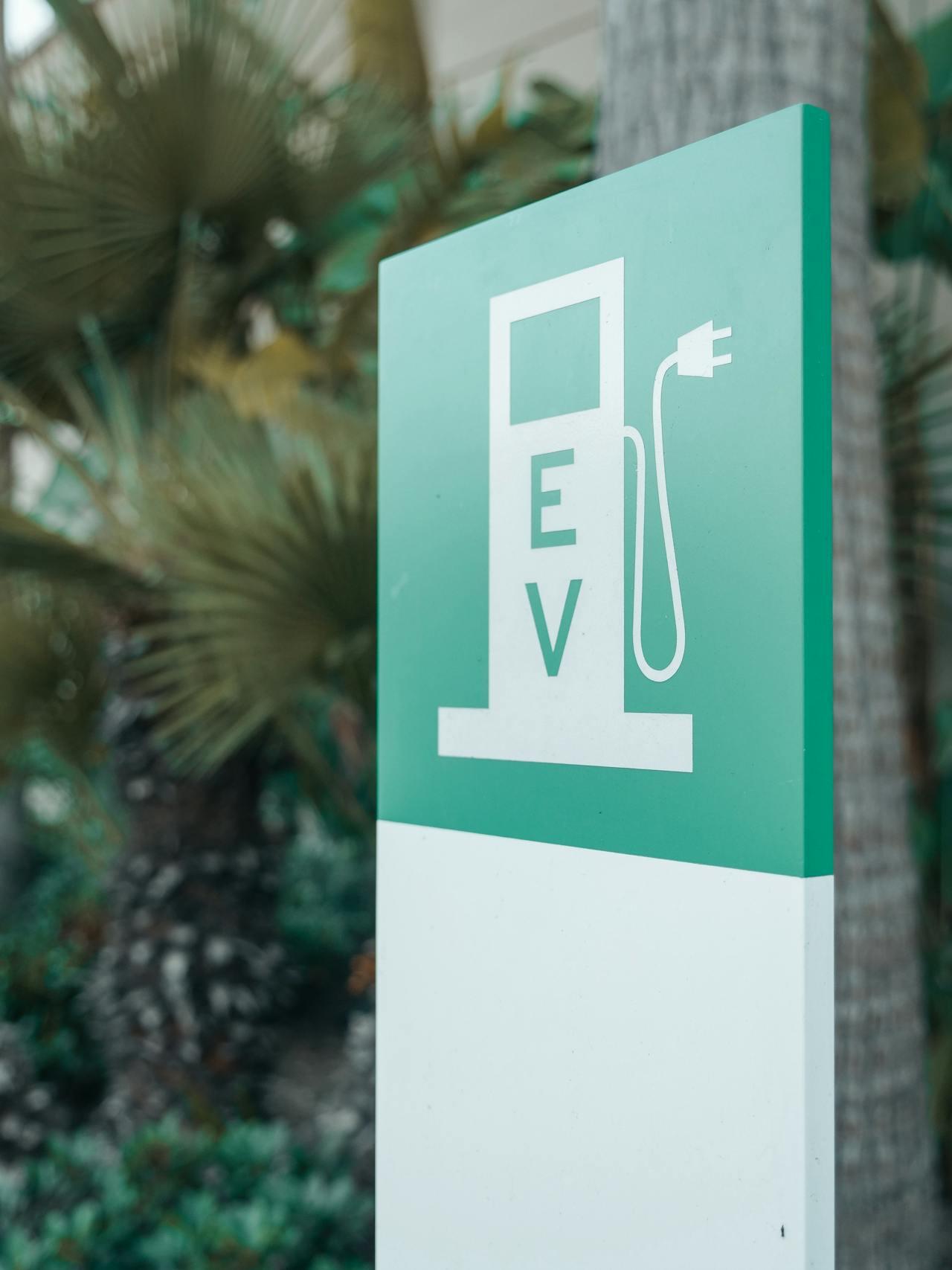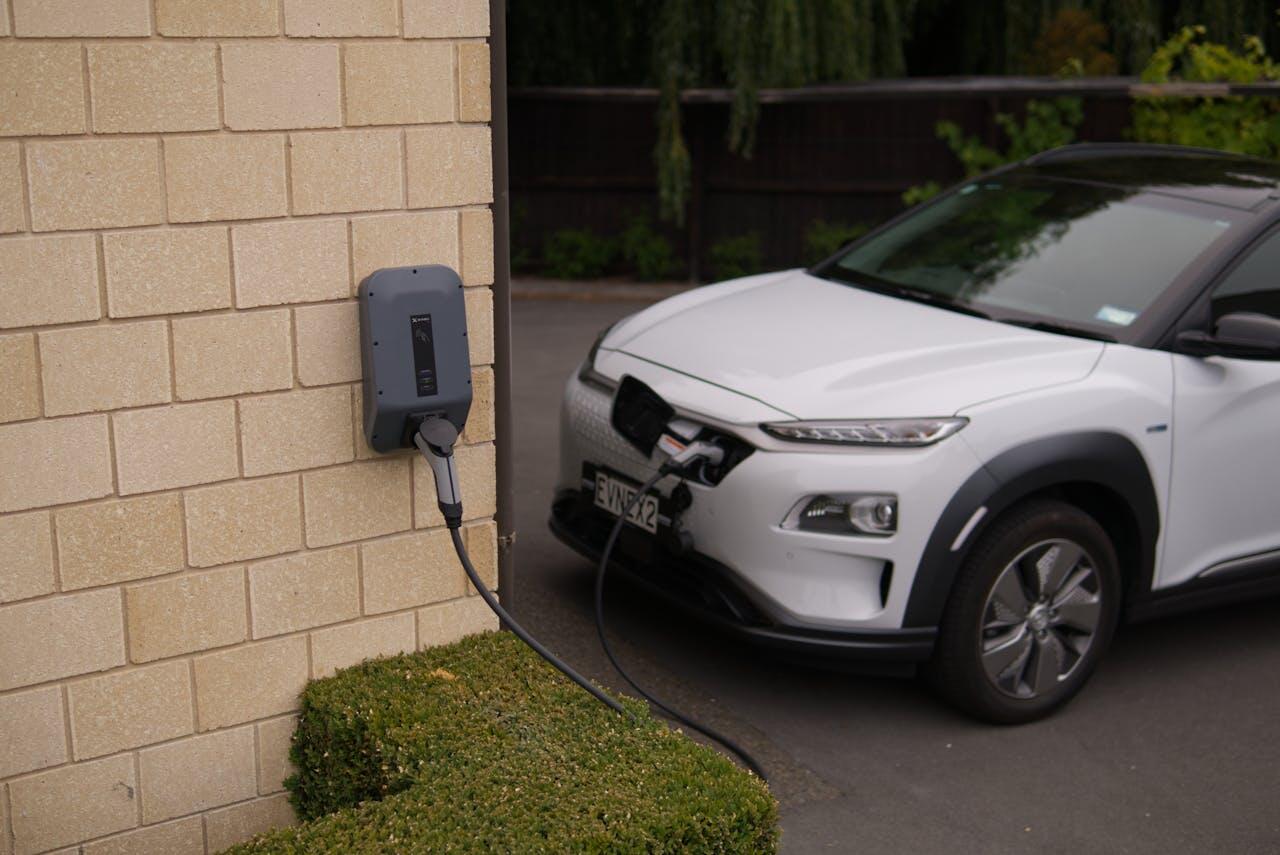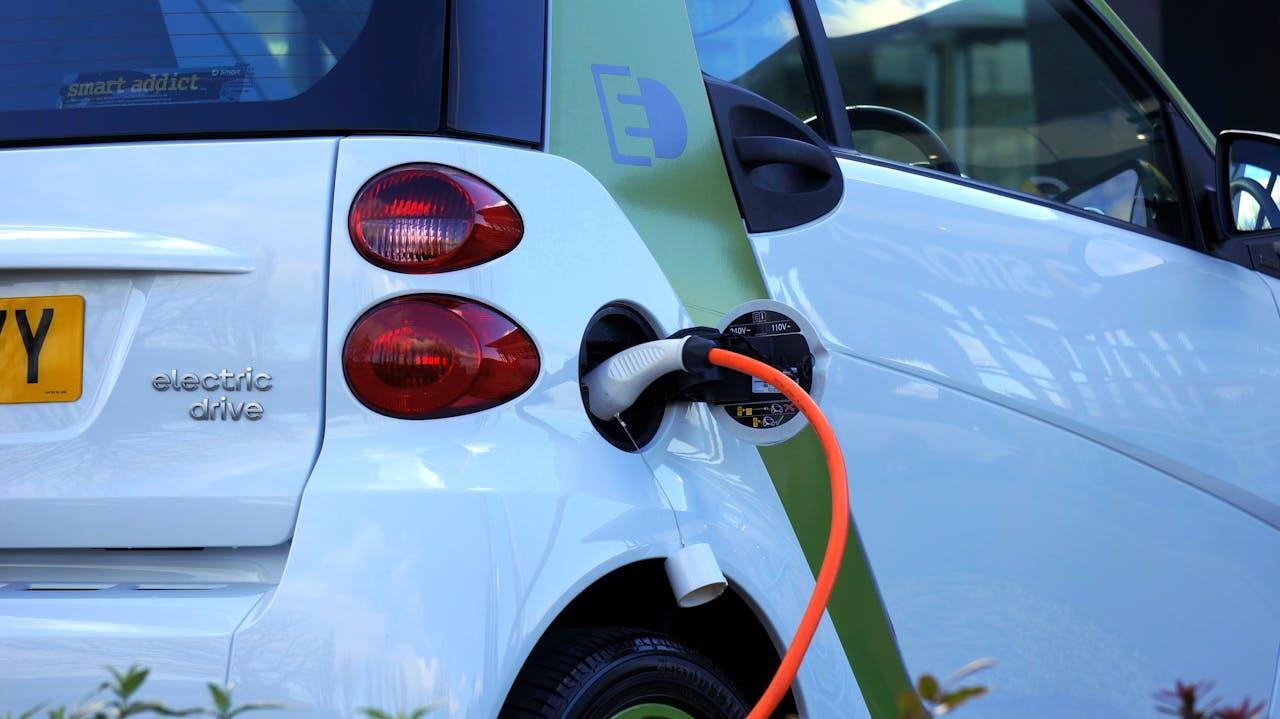Do you know that more than 25,000 charging stations for electric vehicles (EVs) have been installed in the country? This phenomenon is due to Canada's commitment to climate and sustainability efforts goals through the reduction of carbon dioxide emission — Net Zero by 2050 which the United Nations endorsed.
Electric vehicles are seen as a gamechanger in combating climate challenges through the optimization of renewable energy instead of over-reliance on fossil fuels. That's what we will be discussing in this article:
The potential of electric vehicles for a greener future
- Significance of electric vehicles in Canada's sustainability initiatives
- The relationship between renewable energy & electric vehicles
- Key regional leaders of EVs and renewable energy in Canada
- Challenges in the EV industry and ways to support it

🎯Why Are EVs Essential for Canada’s Sustainability Goals?
The general rule of thumb is that every product in the market follows the law of supply and demand. The industry of electric vehicles in Canada has expanded over the years because of the country's forefront position in climate action and sustainability, leading to more financial investments, engineering innovation, and government policies to support this thriving industry.
The Canadian government officially signed and ratified the Paris Agreement starting from 2016 to reduce greenhouse gas (GHG) emissions by 30% below 2005 levels by 2030.
Most vehicles, whether it's a personal car, a cab, or buses in Canada rely greatly on gasoline and diesel which burn fossil fuels, directly emitting GHG to the environment from their exhaust. Unlike gasoline and diesel vehicles, electric vehicles are powered by electricity from various renewable sources, such as solar energy and wind energy, along with rechargeable batteries as their power source. This will improve air quality and the public's respiratory health by reducing air pollution whenever one chooses to drive on the road.
Besides environmental significance, the electric vehicle industry also offers many economic benefits, especially in terms of boosting the green economy. The industry is set to create many job opportunities across different sectors and projects, such as direct manufacturing of a diverse range of electric vehicles whether it's for front wheel drive (fwd), SUV, cab, bus, or sports car.
Additionally, there is a growing need for engineering expertise to improve the use of electricity and innovation of battery plants in different regions in Canada. In 2023, the Canadian government announced its first-ever North American EV battery cell gigafactory partnership with Volkswagen, which is estimated to create about 3000 jobs.
🔋Renewable Energy Integration To Power Electric Vehicles
Now, how does renewable energy come into the picture? First and foremost, various sources of renewable energy are generated to charge the electric vehicle. In Canada, some of the most used sources of renewable energy are hydroelectricity (water), wind energy, and solar energy.
💧Water
- Electricity generated through the power of flowing water
- Utilization of dams, turbines and hydroelectric stations
🌬️Wind
- Electricity generated through consistent wind power
- Optimization of turbines built in wind farms
☀️Solar
- Electricity harnessed through heat and sunlight
- Installation of solar panels on rooftops of houses and buildings
From there, the electricity generated from these sources is fed into various provincial power grids to supply electricity continuously to various locations. Those who own an electric vehicle will then draw electricity from their home charging stations or public charging stations at different places in the country.

Having said that, the engineering field plays an essential part in supporting and sustaining the relationship between renewable energy and electric vehicles.
For example, electrical engineers are constantly improving the life span and efficiency of EV batteries, as well as the accessibility of EV charging networks from the electricity grids.
Similarly, civil engineers also plan and design EV-friendly highways to ensure smooth driving for both normal-fueled vehicles and premium electric vehicles, whether it's a cab, or sport utility vehicle (SUV).

⚡Regional Leaders in Electric Cars and Renewable Energy
Let's explore the various powerhouses of electric vehicle and renewable energy in different regions of the country, focusing on the following three provinces.
Québec
Québec is at the top of the list because it is well known for its strong optimization of renewable energy through clean electricity generation (hydroelectricity) and high electric vehicle adoption rates in Canada. As the top export of hydroelectricity in the country thanks to Hydro-Québec, this province reportedly has around 61 generating stations in rivers and reservoirs to produce sufficient hydropower — making up 96% of electricity in Québec.
To encourage high rates of EV adoption, the province previously offered up to $7000 amount of rebate whenever anyone buys a new electric vehicle. Additionally, Hydro-Québec also launched Circuit Électrique, the largest Québec-owned public charging network for EVs in 2012 and recently introduced new fast-charging stations with dynamic power in 2023.
Official updated records released by Statistics Canada across different provinces
British Columbia
Next, we move on to British Columbia which shares similar attributes with Québec in terms of renewable power integration and EV-friendly infrastructure across the province. According to the National Inventory Report released in 2022, over 90% of electricity in the province is generated by renewable energy encompassing solar energy, tidal energy, wind energy, and hydroelectricity. Currently, British Columbia still offers up to $4000 range rebate when a new electric or hybrid vehicle is purchased.

Many clean energy projects were also launched in the province through the collaboration between different stakeholders such as the British Columbia Hydro and Power Authority (BC Hydro), the First Nations Energy and Mining Council.
One of the notable policies introduced by the provincial government to encourage EV adoption is the CleanBC Go Electric Program as a measure to build more public Direct Current Fast Charger (DCFC) stations for effective drive and charge processes throughout BC.
Ontario
Finally, we have the Heartland Province — Ontario. This province is especially known as the manufacturing hub of electric vehicles from major automation brands and massive financial investments for EV manufacturing and EV battery production. Here are some examples:
💡Challenges in EV Infrastructure and Their Impact on Sustainability
Of course, some challenges arise whenever something new is introduced especially during various transitions from gasoline-reliant vehicles to electric vehicles.
First and foremost, Canada is still facing what we call the charger gap — the number of sufficient public or home EV charging services nationwide to successfully build 679,000 charging stations by 2040. The lack of EV charging facilities could be a huge turnoff for potential electric or hybrid vehicle buyers because they cannot charge different range of electric car model efficiently.
Secondly, there's the issue of cost and accessibility. Installation of EV charging infrastructure service requires combined effort to ensure every location (rural or urban) is fully updated regardless of the population across provinces or cities. The price of electric vehicles also tends to be on the higher side, especially for premium vehicles and varies depending on the types of vehicles like cab, fwd, car model and electric range even with government-aided rebates.
Finally, the full transition to EVs signifies a higher usage of electricity beyond domestic use. This implies that a stronger and more stable power grid is needed across the country to ensure a consistent electricity distribution without overbearing it. Different provinces also need to take into account their updated resources in terms of manpower, the dominance of renewable energy, and even weather to ensure seamless electricity generation for EV charge facilities regardless of the destination.

Without fully addressing these challenges, it can cause a lack of motivation among consumers, and stakeholders in the renewable energy stock industry to carry on with their efforts to play a role in enhancing the sustainability level in the country.
📢Strategic Ways To Support The EV Industry
Clearly, electric vehicles are more than just about Tesla cars or the range of premium car models with high prices like the Ioniq from Hyundai or Tron from Audi. This principle also applies to those who are working in the transportation industry, if you are planning to transition into an electric cab, for instance. With the right optimization and knowledge of retail policies, this industry has many environmental and economic benefits to offer.
That being said, you don't have to necessarily get one electric vehicle now but it is important to educate yourself about the significance of this industry before deciding whether is it worth your money, time, and effort to invest in one in the long run. Always compare the price between different car model, and learn more about the performance of the vehicle before buying. Perhaps you can try out a plug-in hybrid electric vehicle first and read up on ways to have a charging station at your home before starting 100% electric for your transportation mode.

One way to go about it is to read extensively on the Zero-Emission Vehicle (ZEV) Mandate, EV financial incentives (rebates) and also the various range of renewable energy sources in different provinces in Canada. That way, you're able to understand the dynamics of this industry and its relation to sustainability.
Electric cars are not going to take the market by storm, but it’s going to be a gradual improvement.”
Carlos Ghosn
Another way to be part of this industry is to understand the manufacturing side of it. Perhaps, you are thinking of a career in this field now that many investments are coming in from major companies as mentioned earlier. Job opportunities will be there once you graduate. Who knows, you might be the next Elon Musk?
As a future or current university student, you can always find an engineering tutor from Superprof to help you strengthen your foundation in this subject and learn about the mechanics of an electric vehicle in terms of hybrid technology, charging capacity, and ways to improve battery charge performance according to different vehicle model. Most Superprof tutors offer their first lesson for free, so it's certainly worth trying!
Now that you have reviewed various elements of the EV industry in Canada, which part of this article sparked the most interest in you? We hope you're enlightened by the relationship between EVs and a greener future in the country. Pro electric vehicle or not, the choice to explore which one to drive or charge is in your hands.
Summarize with AI:















